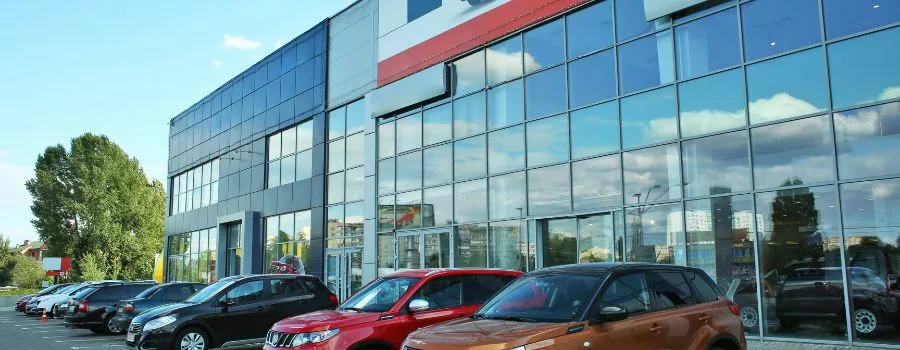The Irish car market is buzzing. Loan volumes are up, values are hitting record highs, and on the surface, that’s music to the ears of dealers and brokers. More car loans mean more cars sold, stronger finance penetration, and higher margins across petrol, diesel, and hybrid models.
But here’s the question worth asking: is this spike sustainable, or could today’s boom become tomorrow’s risk?
Why Dealers and Brokers Should Still Be Optimistic

The Numbers That Matter
The Banking and Payments Federation Ireland (BPFI) reported that in Q1 2025:
- 19,552 car loans were issued, up 21.5% year-on-year
- Total lending for car purchases jumped 25%, reaching a record €259 million
- The average car loan amount rose to €13,267, up by €366 from last year
For dealers, that’s a win: higher transactions, better finance penetration, and more income from add-ons like gap insurance or warranties. But for the wider economy, it’s raising eyebrows.

Why Dealers and Brokers Should Still Be Optimistic
Let’s be clear: this spike is good news in the short term.
- More Finance Means More Sales
Dealers and brokers know that most Irish buyers, whether petrol, diesel, or hybrid, rely on finance. With higher loan approvals, it’s easier to close deals, keep stock moving and earn more commission. - Finance Penetration Is Growing
A higher percentage of buyers choosing PCPs or HP agreements is a positive sign of market maturity. It shows finance is being seen as a mainstream option, not a last resort. - Bigger Loans Often Mean Better Cars
As buyers stretch budgets, many move up a segment, choosing higher-spec hybrids, SUVs, or lower-emission diesels. That’s good for both dealer margins and Ireland’s emissions targets.

But… Is It Sustainable?
Here’s where things get tricky. While dealers and brokers should celebrate the upswing, it’s smart to ask whether loan values can keep climbing without stress cracks showing.
- Affordability Pressure
The average new car now costs about €35,000. Against the average Irish wage (€55,500), that seems fine, but compared with the median wage (€43,200), repayments look a lot tighter. For many households, financing a hybrid or diesel SUV is eating up a bigger share of disposable income. - Interest Rate Sensitivity
Even modest rate increases can add €40-€60 per month to repayments. For customers already at their limit, that could mean future defaults, or hesitancy to upgrade again in 3 years. - Economic Uncertainty
Rising insurance costs, higher servicing fees, and wider inflationary pressures could make today’s “just affordable” loans feel unsustainable down the line.

What Dealers and Brokers Can Do Now
Instead of worrying about what you can’t control (like inflation), focus on what you can:
- Promote Smarter Finance
Encourage deposits or shorter terms that protect customers from being over-leveraged. It might mean a smaller deal today, but a healthier customer tomorrow. - Highlight Fuel Savings
Hybrid buyers especially need to see how lower running costs balance out higher loan repayments. Frame it as a total cost of ownership story, not just a monthly bill. - Segment Your Finance Offers
First-time buyers, upgrade customers, vs. downsizers all have different tolerances. Tailor finance products accordingly. - Stay Transparent
With regulations constantly evolving, brokers and dealers who explain affordability clearly will win trust and repeat business.

The Bottom Line
The surge in car loan values is undeniably good news for Ireland’s auto trade. Dealers and brokers are seeing bigger deals, stronger finance penetration, and faster stock movement.
But sustainability is the question. Stretching affordability too far risks leaving customers vulnerable, and if that happens, defaults rise and upgrade cycles slow.
For now, the smart play is balance: enjoy the boom, but future-proof your finance strategy. Promote affordability, offer choice, and build trust… so when the cycle turns, you’ll still be in the driver’s seat.
👉 At LM Operations, we work with dealers and brokers to structure finance that grows sales and stays sustainable. If you want to keep your pipeline strong while protecting customer outcomes, let’s talk.
